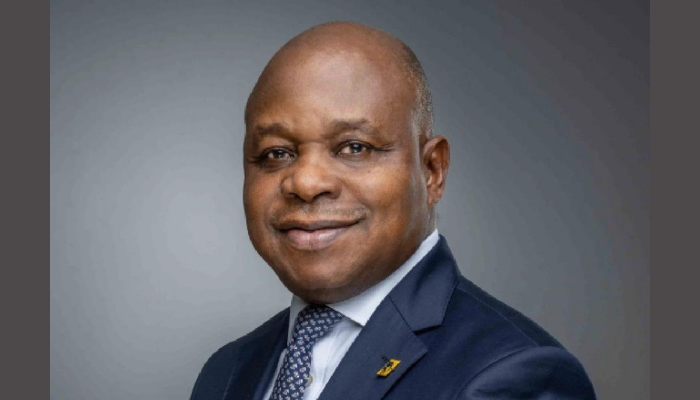- Manufacturing Sector Faces Gale of Losses
The manufacturing sector is faced with myriads of problems ranging from the scarcity of foreign exchange (forex), high-interest rate and cost of raw materials, unfavorable policies among others, as the bottom-line of the listed equities, especially in the last financial year have remained susceptible to the harsh operating environment facing the agri-business in Nigeria.
Indeed, the most affected was the share price of these firms on the Nigerian Stock Exchange, which had remained stagnated at nominal value year to date following investors’ apathy that have negatively impacted on the demand of the stocks.
The sector is expected to be drive the nation’s economy but as sales revenues and profits decline, manufacturers will cut back on hiring new employees, or freeze hiring entirely. In an effort to cut costs and improve the bottom line, the manufacturer may stop buying new equipment, curtail research and development and stop new product rollouts.
Expenditures for marketing and advertising may also be reduced. These cost-cutting efforts will impact other businesses, both big and small, increase cost of goods and impede economic growth.
For instance, FTN Cocoa Processors Plc, a pioneer status agro-allied company, which came from a loss after tax of N201.195 million for the full Year 2015, also began the 2016 financial in the red, recording a loss after tax of N62.568 million for the first quarter (Q1) ended March 31, 2016.
The figure showed a loss of 1,793 per cent from N3.695 million profits after tax reported in the comparable period of 2015.
The company’s revenue declined by 12 per cent from N387.972 million in 2015 to N341.441 million recorded during the period under review.
The firm maintained its loss position during the half year, as it reported a loss after tax of N151.141 million for the second quarter ended June 30, 2016. The figure accounted for a 310.8 per cent change from N39.065 million losses after tax reported a year ago.
The company’s revenue however, grew by 17.9 per cent from N562.286 million in 2015 to N662.964 million recorded during the period under review.
The Cocoa Processors also ended the third quarter with a loss after tax of N263.352 million for the Q3 ended September 30, 2016, as it continued to struggle with harsh operating environment and declining bottom-line.
The figure showed a 70.1 per cent change from N154.793 million loss after tax compared to 2015.
The company’s revenue in a filing with the Nigerian Stock Exchange, however, declined by 2.5 per cent from N863.837 million in 2015 to N842.139 million recorded during the period under review.
Similarly, Meyer Plc, for the Q3 ended September 30, 2016, recorded N71.73 million loss.
Specifically, the firm posted a loss before tax of N67.7 million, representing 112.6 per cent loss, with a loss after tax of N71.73 million.
The firm’s net assets stood at N613.6 million, 10.5 per cent slide, when compared to N685.3 million in 2015.
PZ Cussons Nigeria Plc also reported a loss after tax of N2.43 billion in its Q1 report for the period ended August 31, 2016
The company posted a loss before tax of N1.58 billion in the review period, while revenue increased 12 per cent to N16.75 billion from M14.95 billion recorded the same period of 2015.
To address the plight of the manufacturers, especially in the areas of foreign exchange stability and boost their share price on the Exchange, industrialists have appealed to the Federal Government to review the forex policy and ensure that there is liquidity in the market.




 Naira4 weeks ago
Naira4 weeks ago


 Naira3 weeks ago
Naira3 weeks ago




 Naira3 weeks ago
Naira3 weeks ago




 Naira3 weeks ago
Naira3 weeks ago




 Naira2 weeks ago
Naira2 weeks ago
 Commodities3 weeks ago
Commodities3 weeks ago


 Sport Business4 weeks ago
Sport Business4 weeks ago


 News3 weeks ago
News3 weeks ago



















